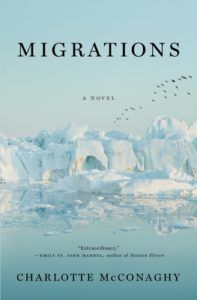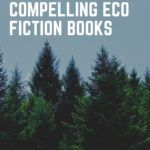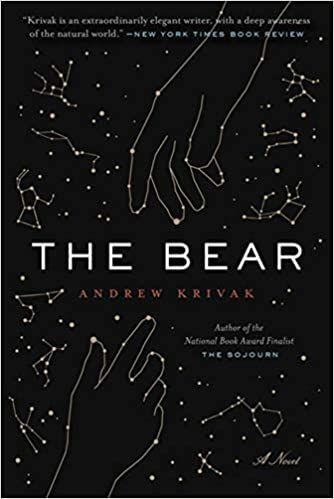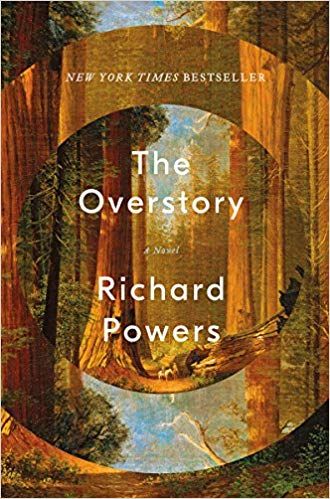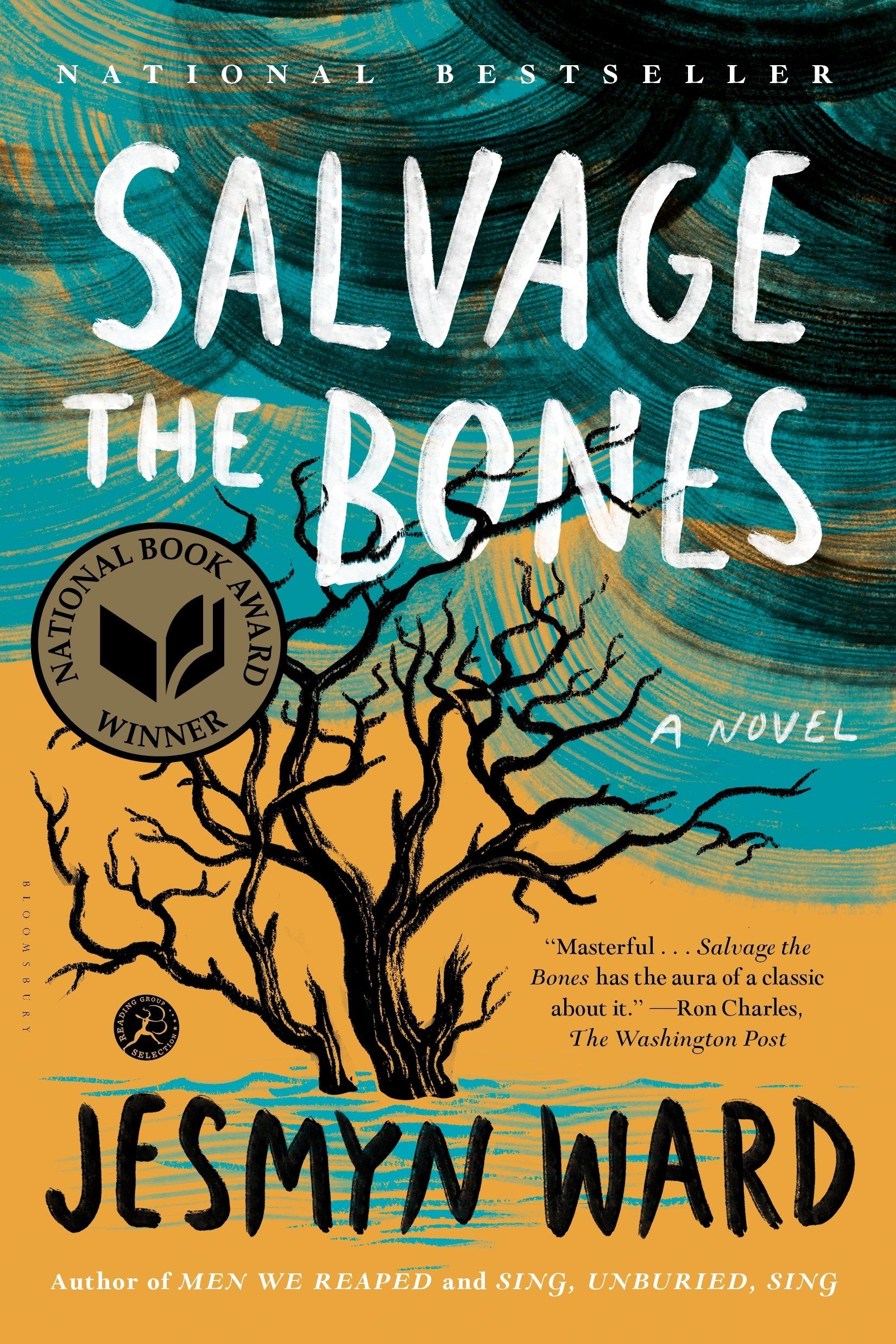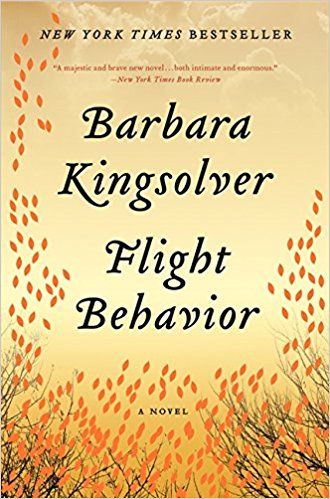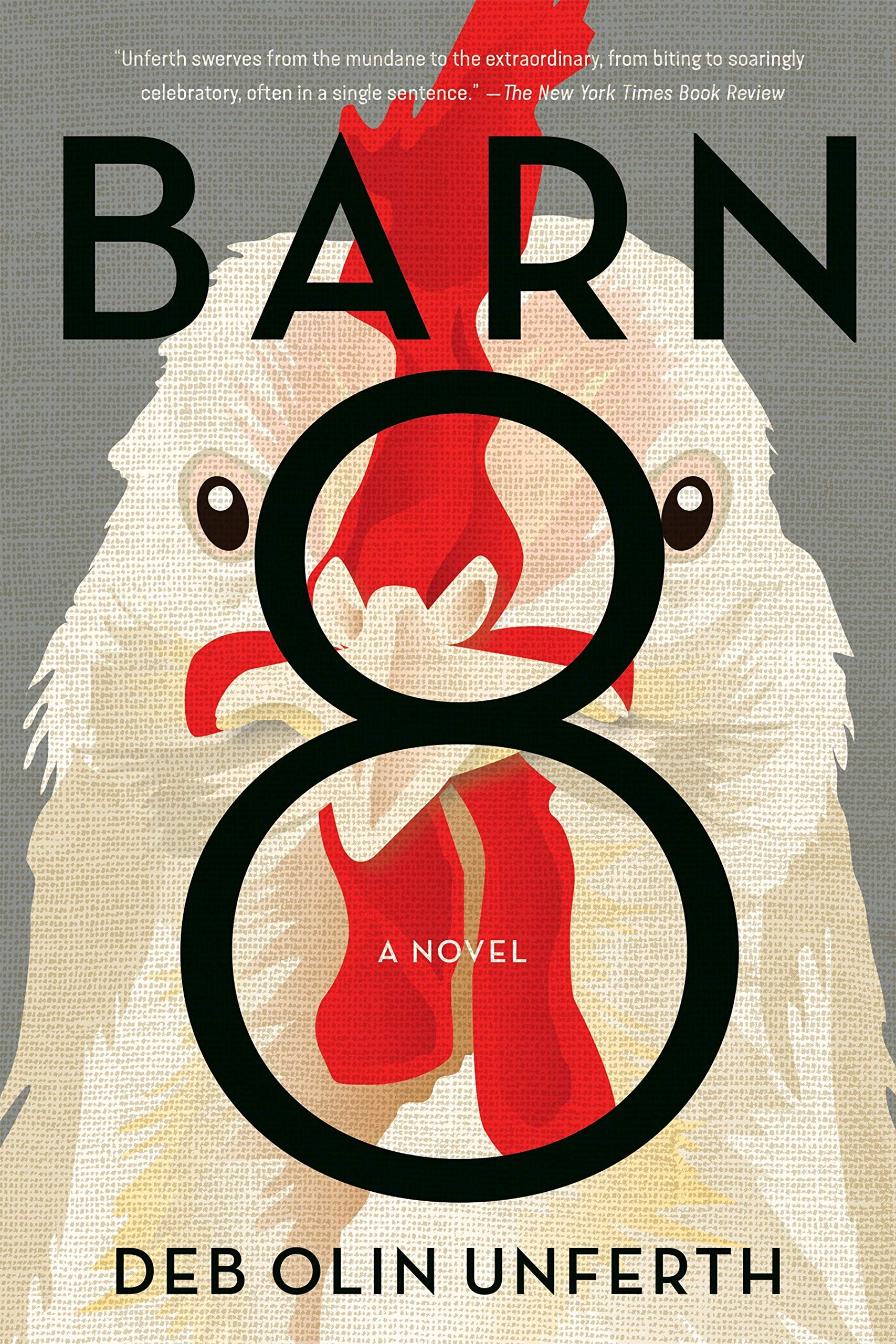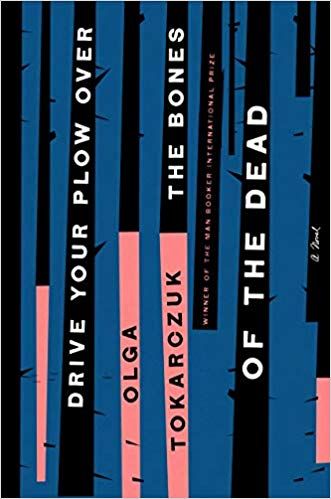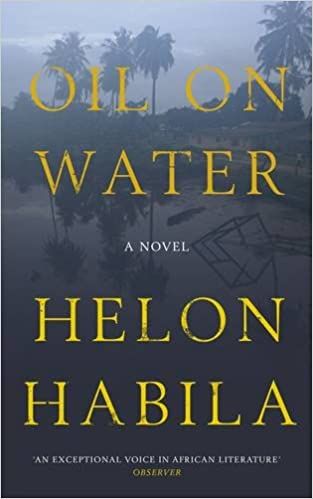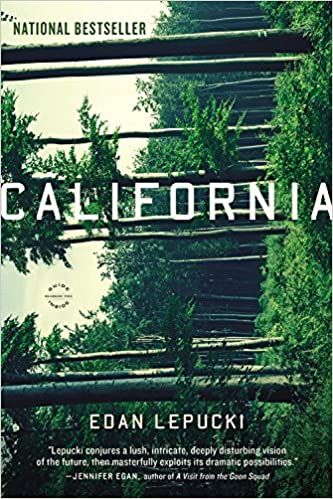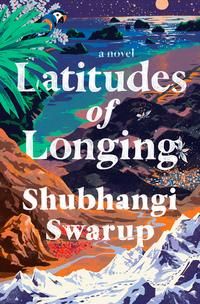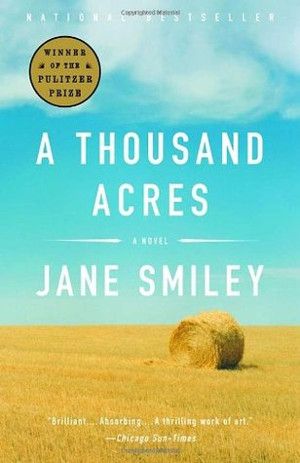A dark past. An impossible journey. The will to survive. For fans of Flight Behavior and Station Eleven, a novel set on the brink of catastrophe, as a young woman chases the world’s last birds―and her own final chance for redemption. Migrations has been named a “most anticipated” book by Entertainment Weekly, Vulture, Elle, and more. Emily St. John Mandel calls this powerful novel “extraordinary.” Start reading Migrations now. The past four years have seen a huge boom in eco fiction books being published. In fact, half the books on this list have been published in that time frame. I like to believe this is a reflection that climate activist’s have finally captured the world’s attention about the seriousness of the climate crisis. And I hope fiction writers keep exploring these theme to help readers unpack the complexity of the issues, and the impact the crisis will have on human life, as literature is so well poised to do. Eco fiction can, and should be, as diverse as our natural world. These topics are complex and the impacts of the climate emergency effect all kinds of communities and families in different ways. To further understand these topics, check out these nonfiction reads on nature and climate, or this round-up of books about the Green New Deal. Though the hurricane itself doesn’t appear until over 200 pages into the novel, this is a work of eco fiction. The book clearly demonstrates the disproportionate effect the climate emergency has on Black and brown communities. Because extreme weather is not the only emergency Esch’s family has to grapple with. On top of the threat of a violent climate, they must also tough their way through extreme poverty, violence, abuse, and oppression. Eco fiction is a brilliant way to explore themes of intersectional environmentalism, and for some nonfiction reads on similar topics, check out this post. Parts of this work read like science fiction. For example, the factory farms are rendered almost like an alien planet. Oh, and also, we occasionally jump 20,000 years into the future in order to witness what could become of chickens on a polluted-to-death planet. A lot of the pressure on these characters comes from a quickly modernizing world, and the changing landscape of farming. All the farmers are determined to accrue land and wealth, even as this process becomes more and more difficult. Because of this, the farmers all make abundant use of pesticides, weed killers, and fertilizers, and they don’t realize that they are in effect poisoning their own communities in the process. In fact, sometimes when they’re warned by members of the community, more fissures develop.
